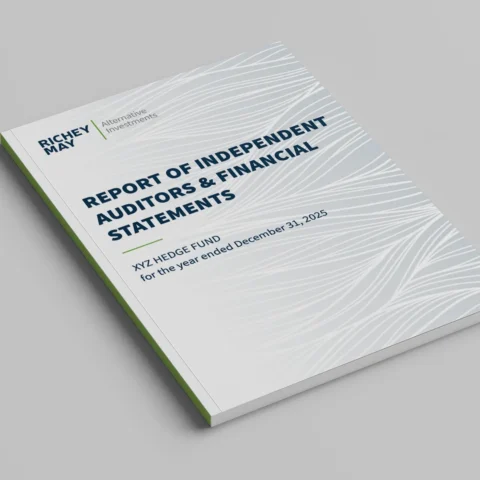Recently, FNMA (the Federal National Mortgage Association, commonly known as Fannie Mae) implemented changes to pre-funding and post-closing quality control cycles, encouraging lenders to make these changes early; however, the deadline to make these changes was Sept. 1, 2023 (Selling Guide Announcement (SEL-2023-02), pg. 2-3). As with all Fannie Mae requirements, failure to comply with these requirements can result in significant financial penalties and harm a lender’s reputation.
If you are not set with these changes or need some additional help understanding these requirements, this blog post will discuss the changes in detail, identify key dates, and explain why internal audit expertise is critical in meeting these requirements.
What Changed in the FNMA Requirements?
Mortgage lenders must implement changes under the new FNMA requirements including pre-funding and post-closing quality control cycles. These changes can help lenders evaluate their operations while ensuring full compliance with FNMA requirements.
The new requirements are:
The pre-funding cycle requires that a minimum number of reviews be conducted monthly and must equal:
– 10% of the previous month’s total number of closings
or
– 750 loans
In addition, FNMA revised the timeframe for the post-closing quality control cycle from 120 days to 90 days and eliminated the individual component timeframes.
Critical Dates for FNMA
The ten percent prefunding loan population in the Sept. 1 – Sept. 30 cycle will be based on the total number of loans closed in August 2023. Additionally, the post-closing cycle that starts on September 1 must be complete by November 30, 2023.
Is Your Internal Audit Process Ready?
FNMA requires that “the lender must have an independent audit process to ensure that its QC processes and procedures are followed by the QC staff, and that assessments and conclusions are recorded and consistently applied.” (D1-3-06 in FNMA Selling Guide).
This means lenders must perform independent audits over quality control policies, procedures, and documentation to align with FNMA guidelines. However, conducting these audits in-house can be a significant drain on time and resources, and may not provide the required level of independence, objectivity, and expertise as an outside party. That’s where outsourcing the internal audit process comes in. By partnering with a reputable auditing firm, lenders can free up their own staff to focus on core business operations, while gaining insight into best practices and potential areas of improvement. Outsourcing the internal audit process can save time and money, provide added peace of mind that all regulatory requirements are being met, and help to enhance overall operational efficiency and effectiveness.
If you would like to know more about how Richey May’s internal audit experts can help you meet these or other requirements, please contact us at info@richeymay.com.





